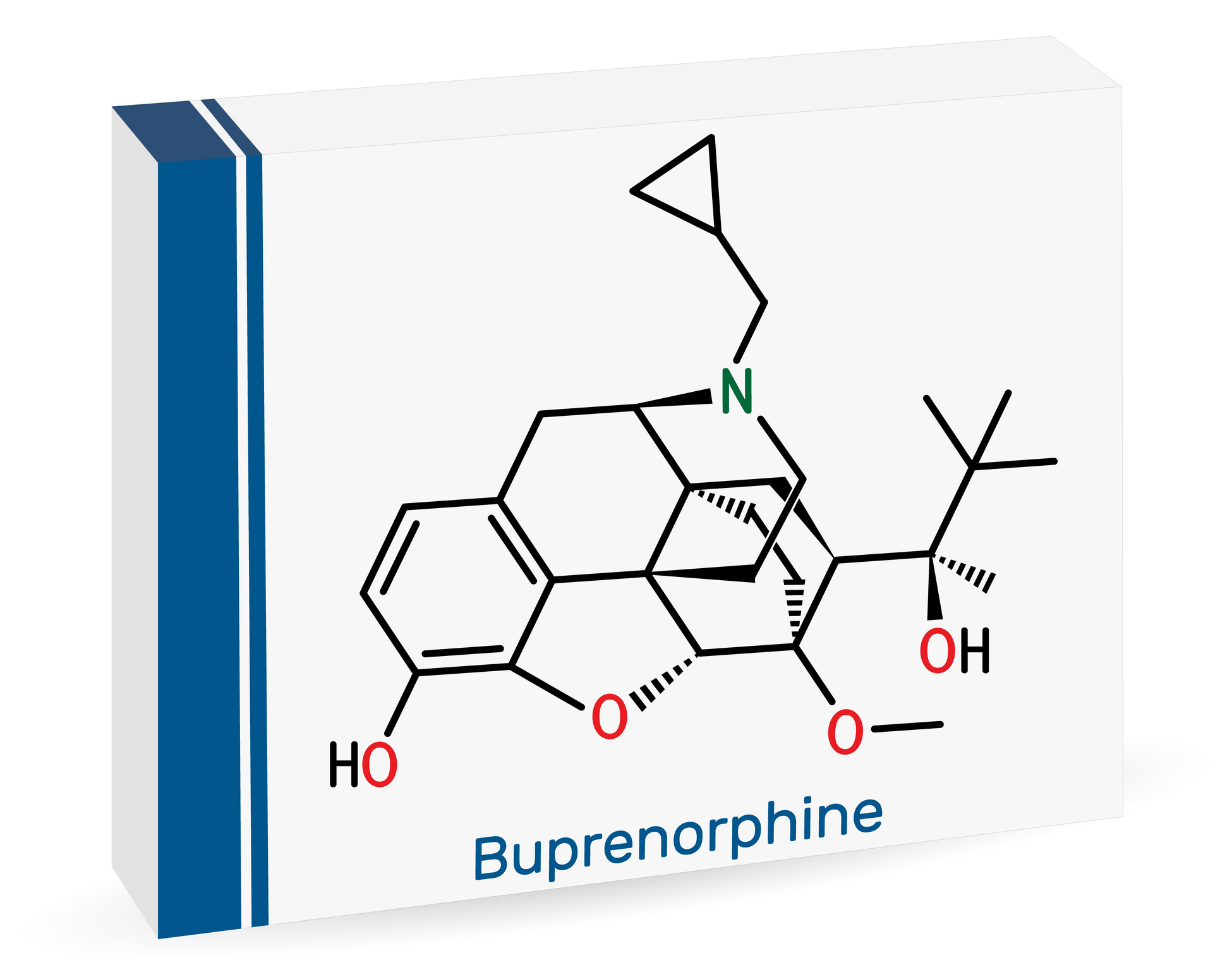
Recently the North Carolina Medical Board (NCMB) has received inquiries about whether prescriptions for buprenorphine that are written for the treatment of opioid use disorder are subject to prescribing limits established for certain controlled substances by the NC STOP Act of 2017. The answer is, unequivocally, no.
The STOP Act places 5-7 day limits only on initial prescriptions for acute pain and post-operative pain. Per N.C. Gen. Stat. 90-106(a)(1), these limits do not apply to prescriptions for medication-assisted treatment for a substance use disorder, which is explicitly excluded from the definition of acute pain.
NCMB offers this guidance in the hope that prescribers will refrain from inappropriately limiting buprenorphine prescriptions from patients initiating treatment for substance use disorder. Increasing access to substance use disorder is a key part of North Carolina’s Opioid Action Plan to address the opioid overdose epidemic.
The Board has drafted a new FAQ, which will be added to its existing STOP Act prescribing limit FAQS on the Board’s website, to address questions about whether buprenorphine prescriptions for substance use disorder must be limited:
Q: Are prescriptions for buprenorphine for the treatment of substance use disorder subject to the STOP Act’s 5- and 7-day limits?
A: No. As long as the buprenorphine prescription is prescribed to treat opioid use or other substance use disorder, the limits do not apply. Initial prescriptions for buprenorphine products that are only indicated for the treatment of acute pain are subject to the STOP Act limits and may not exceed 7 days. [source]
